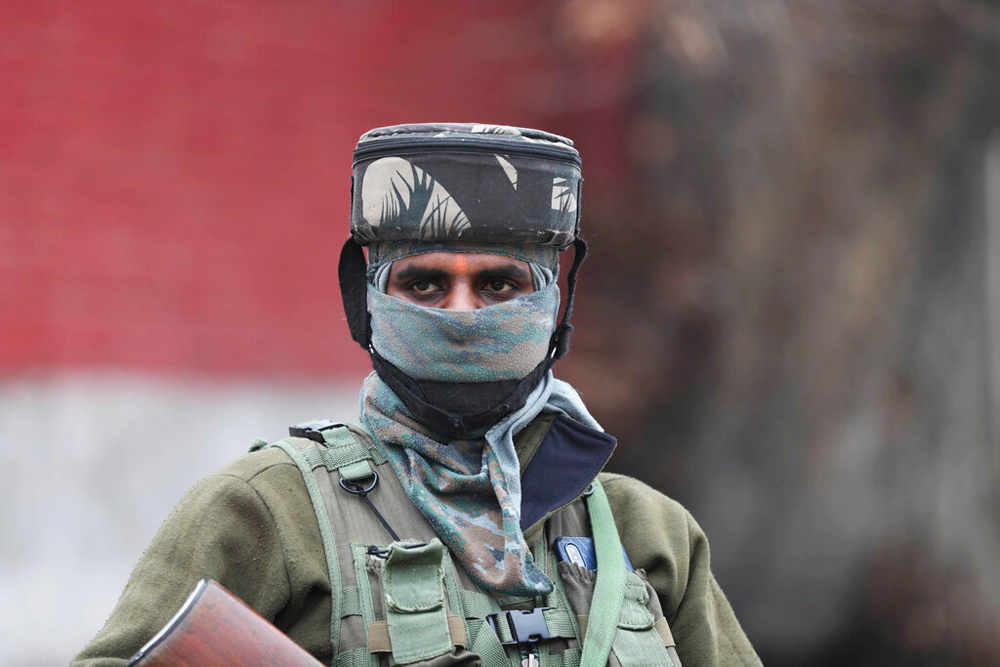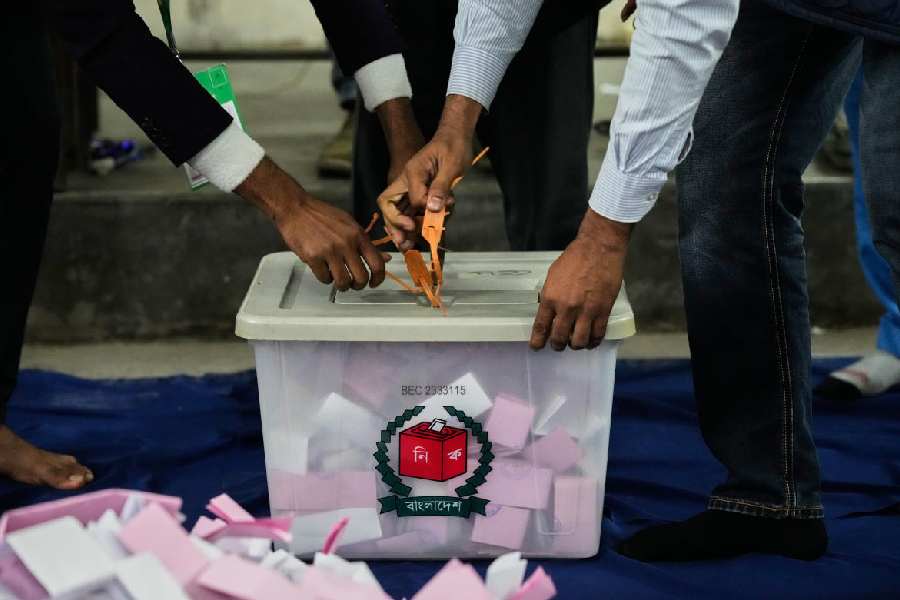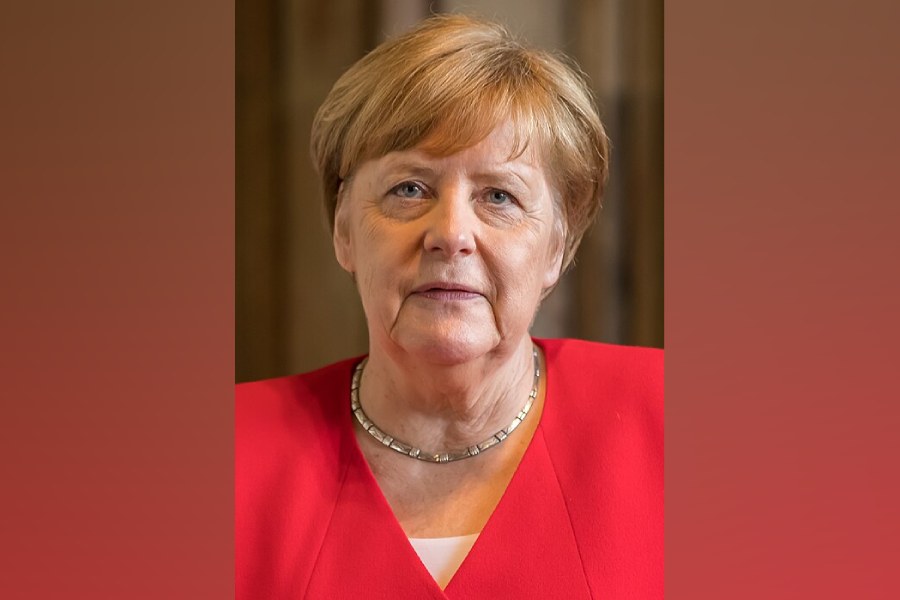The authorities announced a selective restoration of broadband Internet in the Valley on Wednesday, prompting suggestions of a ploy to get around the recent Supreme Court order while continuing to deny Internet access to most people.
A government spokesperson said broadband facilities would be restored to those providing essential services such as hospitals, banks, government offices and trade and travel establishments in Kashmir.
But he left the general public and the media outside the ambit of the relief, while emphasising: “There shall be complete restriction on social media applications.”
He said limited 2G Internet connectivity would be provided to post-paid mobile connections in parts of Jammu, where broadband facilities have already been restored.
On Friday, the apex court had directed the Centre and Jammu and Kashmir to review the Internet curbs within a week, saying Internet use for legitimate purposes was a constitutional right.
The order had raised hopes that Internet services — blocked since August 4 evening, a day before Jammu and Kashmir’s special status was revoked — would finally be restored after five-and-a-half months. But Wednesday’s order fell far short of the hopes.
Besides, the government had already announced the restoration of Internet facilities at hospitals from January 1 — although many hospitals had complained they had been unable to access the service.
Kashmir Times editor Anuradha Bhasin Jamwal, one of the petitioners behind Friday’s apex court order, wondered whether the government announcement was just an eyewash and whether it violated the spirit of the court order.
“They have still two days to implement (the court order) but what they have given — although they have given practically nothing — seems to be some sort of charity,” she told The Telegraph.
The Jammu-based editor said 2G services had not been restored in Jammu as the government was claiming.
“Nor is there an announcement that there would be a phased restoration of the Internet, or that whatever facilities have been given would also be reviewed in a week,” Bhasin said.
The Supreme Court had said that all restrictions on movement and communications must be reviewed every seven days.
“Existing access and communication facilities in Kashmir shall be further enhanced by establishing additional 400 Internet kiosks through the divisional administration,” the government statement said.
“In addition, 2G mobile connectivity on post-paid mobiles for accessing white-listed websites such as e-banking shall be allowed in the districts of Jammu, Samba, Kathua, Udhampur and Reasi (all in Jammu division).”
The government spokesperson repeated the reasons for the restrictions, citing sustained efforts by “terrorists to infiltrate from across the border, reactivate their cadres and scale up anti-national activities not only in the Kashmir division but some areas of Jammu division”.
He said the terrorists were doing this by using “Voice on Internet Protocol (VoIP) and encrypted mobile communications and through various social media applications to coordinate and plan terrorist activities”.
The government claimed it was trying to ease the restrictions “as much and as quickly as possible”.
Principal secretary (home) Shaleen Kabra had in an order late on Tuesday claimed that misuse of the data services by anti-national elements could cause large-scale violence.
He said public order had “till now been maintained due to various pre-emptive measures, including restrictions on access to Internet with relaxations in a calibrated and gradual manner, after due consideration of the ground situation”.
“It is absolutely necessary to do so (restrict Internet access) in the interest of the sovereignty and integrity of India, the security of the state and for maintaining public order,” he added.











